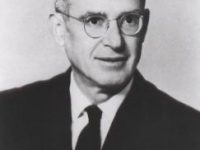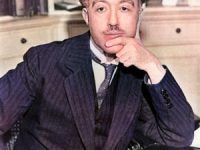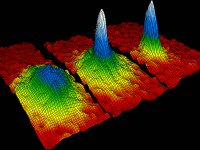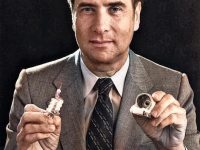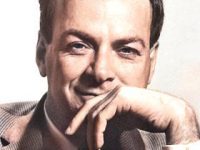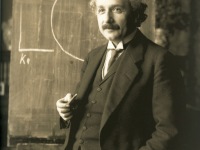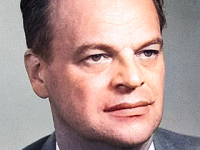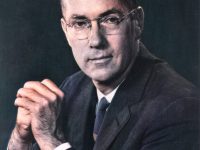Nathan Rosen – Wormholes and Time Travel
On March 22, 1909, US-American physicist Nathan Rosen was born. He is best known for his cooperation together with Albert Einstein and Boris Podolsky on the quantum-mechanical description of physical reality leading the the so-called Einstein-Podolsky-Rosen paradoxon, as well as his postulation of worm holes connecting distant areas in space. Although purely theoretic, his work also had an important impact on science fiction literature. Early Years Nathan Rosen was born in New York City. He first…
Read more

